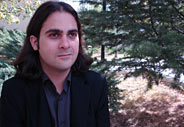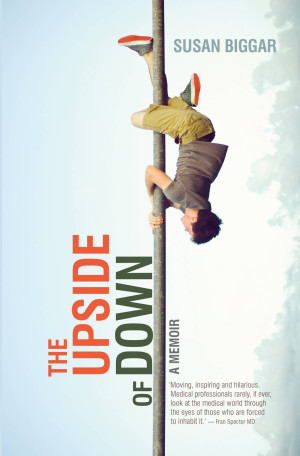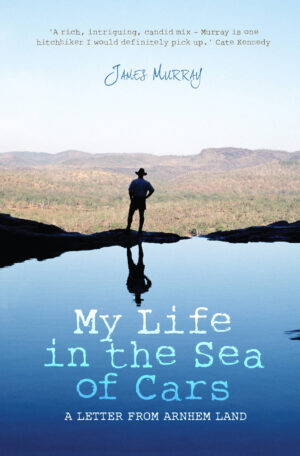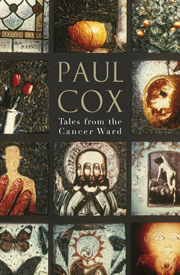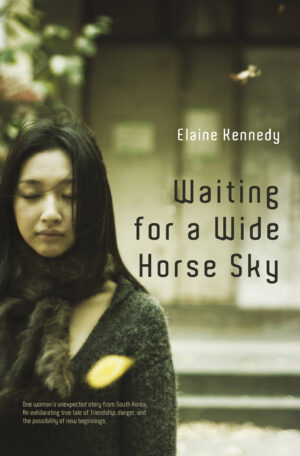Description
A vanished, tattered black and white photograph, taken in Tehran in 1946. The image of a sombre and inscrutable middle-aged man called Salman Fuladvand, a lieutenant and controversial police chief under Iran’s second last king. It is the memory of this photograph that begins Ali Alizadeh’s story of his grandfather Salman’s life, spanning Salman’s youthful devotion to the advancement of his country and the emancipation of Iranian women, his conflicts with the shahs, his wrongful imprisonment, and his eventual embracing of Sufi mysticism.
Iran: My Grandfather is a rare mix of narrative, memoir, history and personal exploration. It recounts Iran’s journey from progressive idealism to the ravages of tyranny, imperialism and religious reaction. It is a testament to the mistakes of the past and the present, an examination of family and identity, and an interrogation of the meaning of home and belonging. As Alizadeh writes, this story is ‘a thread to show the path out of the labyrinths’.
‘Iran, My Grandfather is a work of recovery, resistance, and affirmation. I think one can say without risk of hyperbole that it is one of the most remarkable texts ever to have been published in Australia.’ John Kinsella
Iran: My Grandfather is a compelling voyage into the personality of a country of paradoxes. Alizadeh offers poignant lens on the desire for dignity, and the awful means by which a nation yearns for betterment even as it sacrifices its own.
Kate Holden The Age, Saturday July 3
This fascinating and beautifully written book Iran: My Grandfather by Ali Alizadeh tells the history of Iran from the perspective of the author’s grandfather. The author has woven a poetic tale encompassing his grandfather’s story told as a novel gleaned from information he has learned about him, interspersed with the country’s factual history. Ali tells the tragic story of a nation which see-sawed between “westernism” and “Islamic fundamentalism” as well as the consequences of “outside” influences resulting in the country as it is today. The reader can wonder “what might have been” with the different changes along the way. Ali migrated to Australia with his family when he was about 14 in the 1990s. We will likely be reading more from this writer.’ http://wine-giggles.blogspot.com/2010/07/iran-my-grandfather.html
Another enjoyable read is Ali Alizadeh’s Iran, My Grandfather, which blends the genres of memoir, fiction and historical account as it reconstructs the story of Alizadeh’s grandfather, Salman Fuladvand, a police chief, provincial governer and emancipist under one of the late Shahs. Through Salman’s perspective the complexities of Iran’s history of revolution, fundamentalism, modernity, war and tyranny are realised. The book is striking also for it’s intrepid description of the writer being cast adrift in the cultural wasteland of homogenised white Australia. I can very much relate to Ali, when he writes of not-belonging.
Michelle Cahill http://michellecahill.com
One comes away with a feeling of heaviness, sadness and a sense of hope – for the understanding of people, for a diminishing role of greed, for countries of such rich and scarred history to one day be ruled as independently and fairly as possible, and for more books like this to be published and widely read.
Angela Meyer, Mascara Literary Review, Issue 8 October 201



